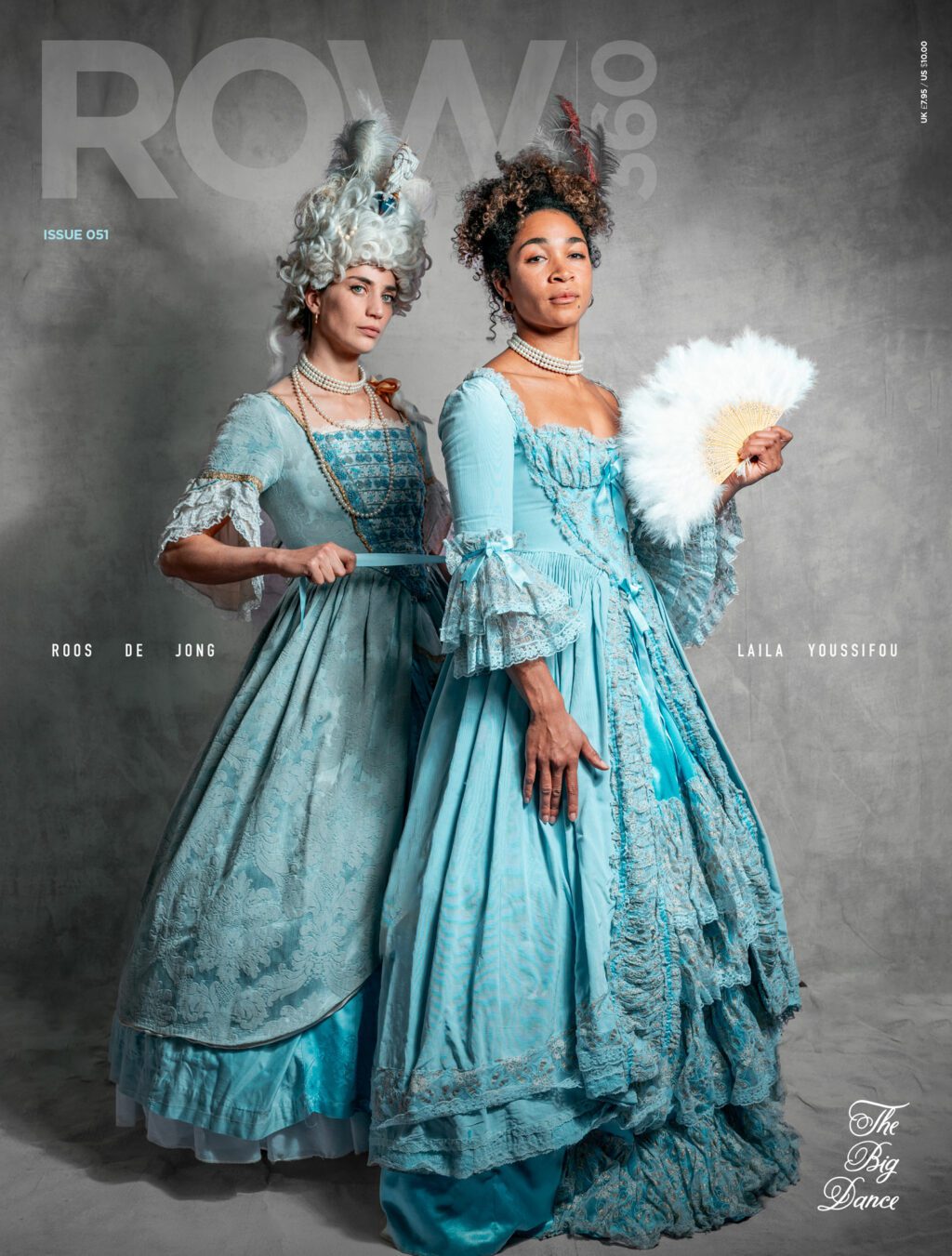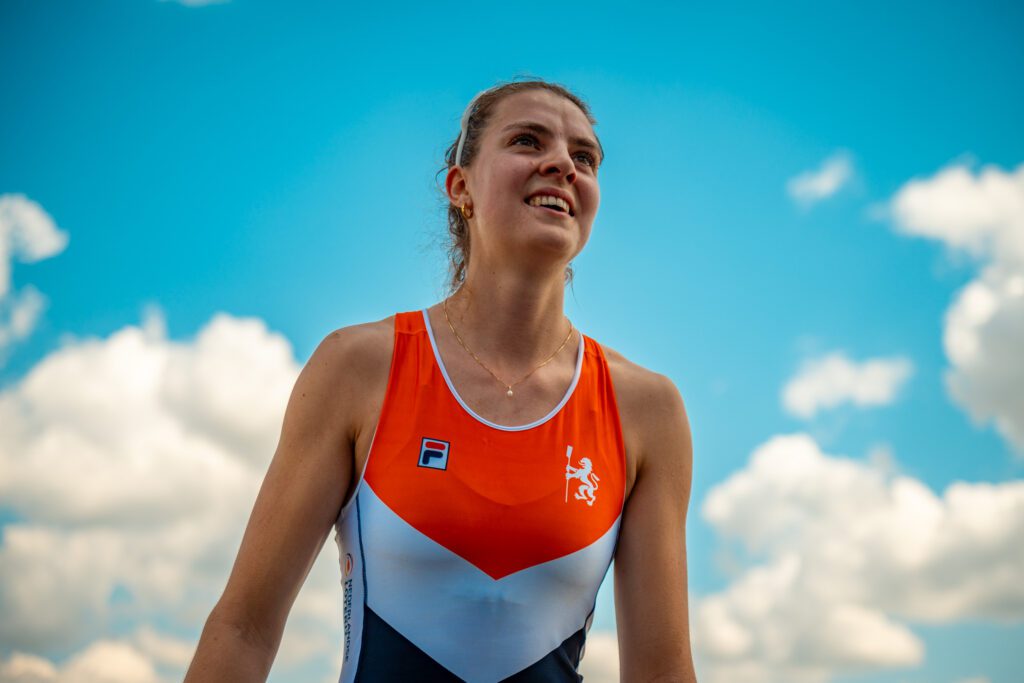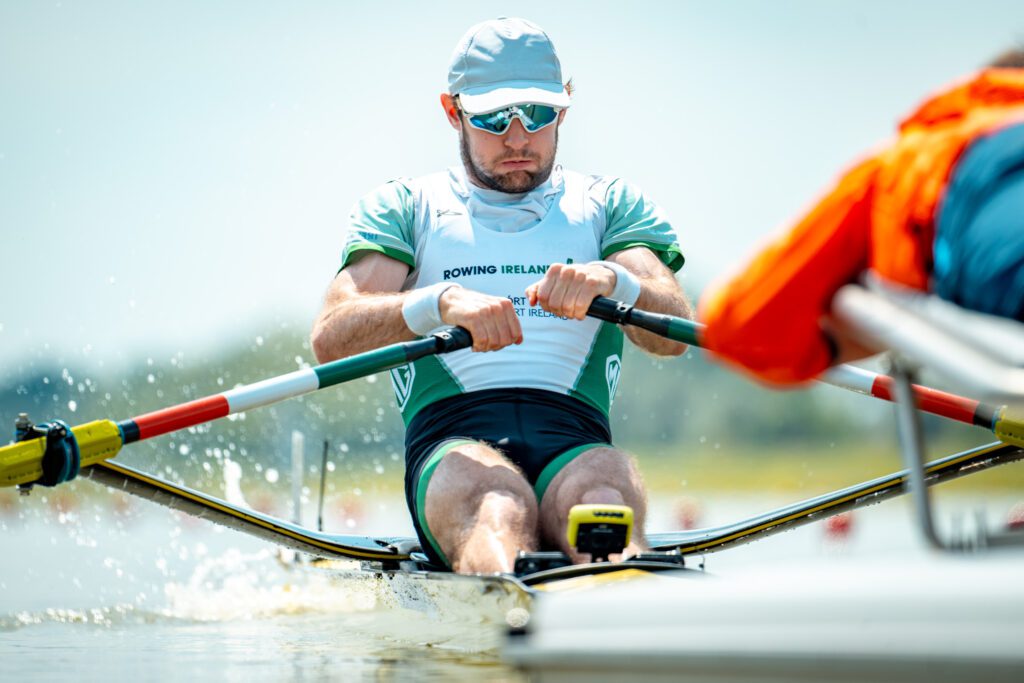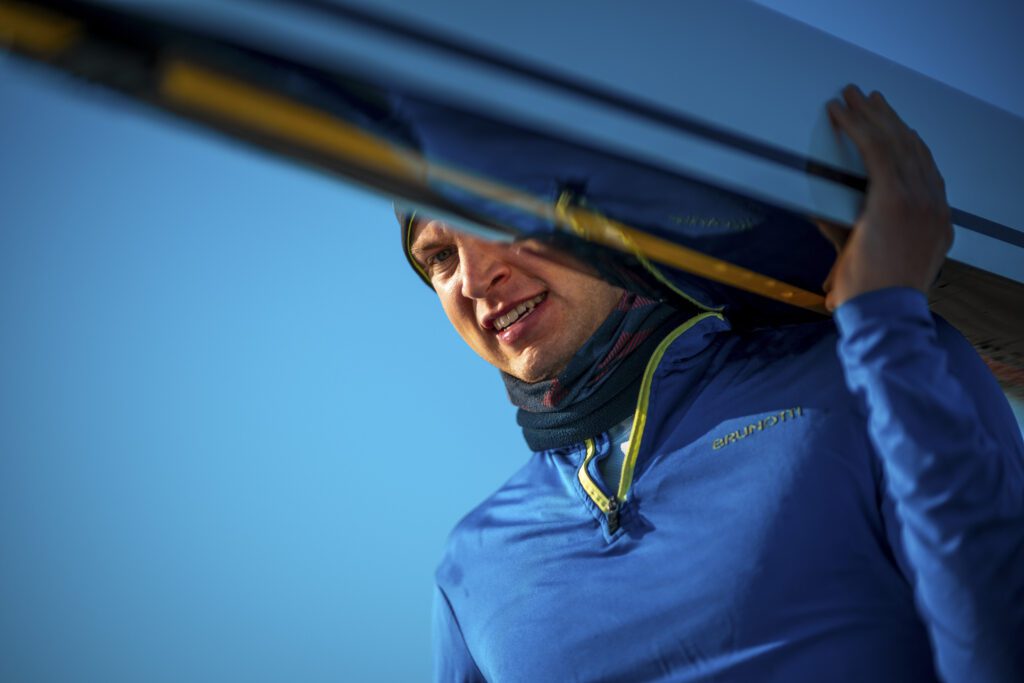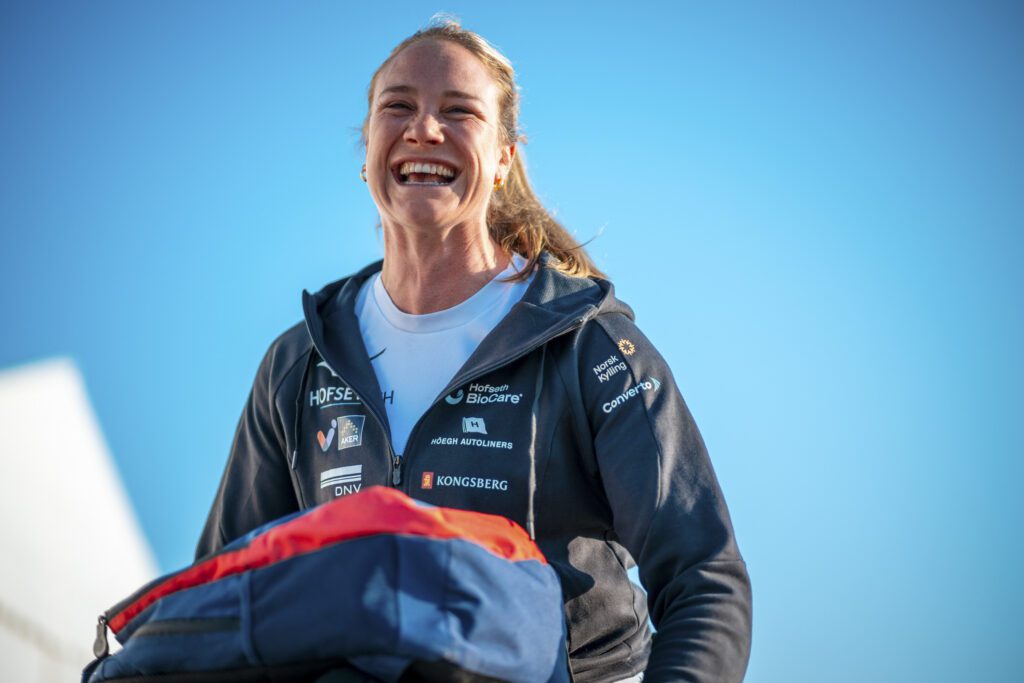In the dying strokes of his Olympic debut, at Tokyo 2020, Team GB’s Sholto Carnegie fell just short of his ambition of winning an Olympic medal. Now, less than five months until the next Games, Carnegie is hoping to convert Tokyo misery into gold and glory at Paris.
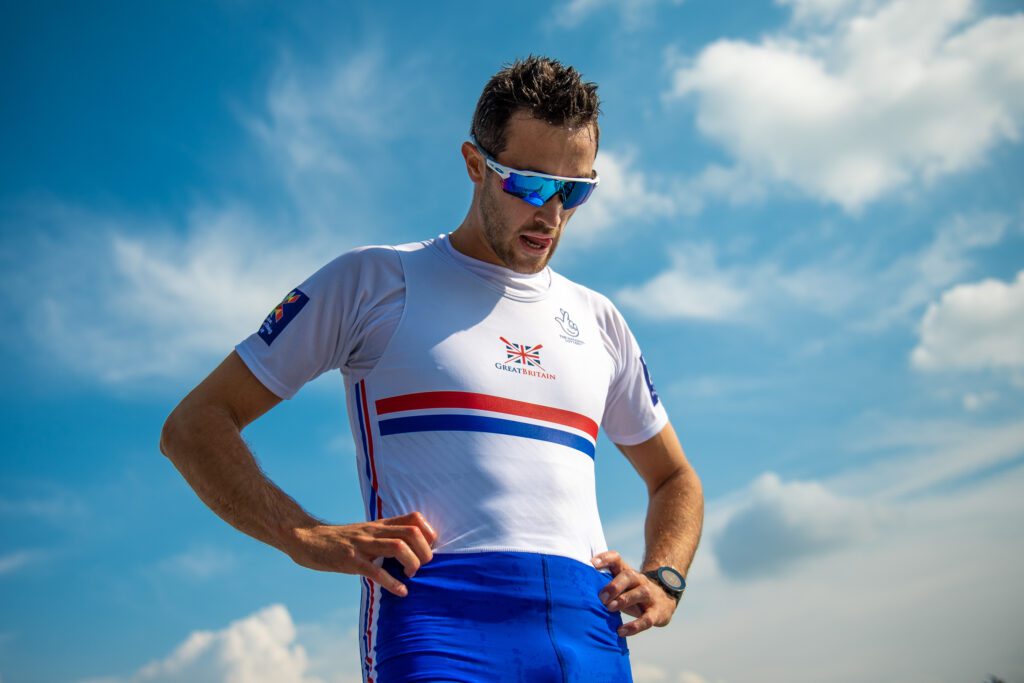
Photo Sholto Carnegie
Credit Benedict Tufnell
This year the GB Rowing men’s squad were challenged by a gruelling Sierra Nevada double header. It’s an infamous high-altitude camp in Spain that generations of British oarsmen have endured.
In early December, we packed up the ergs and braced ourselves for a two-and-a-bit week stint of land training in the Sierra Nevada mountain range. Back home and rested on New Year’s Eve the clocks flickered to 2024 and the long-awaited Olympic year lay ahead of me! But any pie-in-the-sky thoughts concerning the exciting bits that (I hope) are just around the corner come summer, were thoroughly burst as I mentally prepared for the second edition of the Sierra Nevada camp.
What the outside world sees via social media is vastly different from the lived experience. Don’t get me wrong the sunsets up here are incredible and training alongside top athletes from a multitude of different sports is cool, but this is no holiday. It’s a tough, tough camp and just completing it is a success in and of itself.
“Moments of breathlessness hit mid-session.”
Sholto Carnegie
So, what’s it like to be on camp at Sierra Nevada? Most sessions are spent in the gym lifting weights or on the ergo. The erg sessions fall into two categories, long ones which build up base miles or shorter, high-intensity sessions which help develop power. After each high-intensity session the athletes are ranked, from top to bottom across the whole squad. What’s most important to me though is improving against myself, I try to better my own scores from previous years.
Training up here is not easy; on top of the large volume of work, we also manage the lack of oxygen and consequently the moments of breathlessness that hit mid-session. It’s strange describing this to my non-rowing friends. The best way to describe Sierra Nevada camp is a sense of constantly trying to overcome increasing levels of fatigue. As rowers, we are in the industry of dealing with pain. The toughest moments can be seen as opportunities to stay in control of our bodies and minds: the better we do this, the better equipped we are for our journey to the Olympics.
Often the anticipation of a hard session up here is worse than the session itself. (But don’t tell me I said that halfway through a 30min erg test!) You know you’re going to have to dig deep to produce a good score. Strangely, I expect it will be the moments before these big sessions – sitting with my teammates, drinking coffee, and preparing myself for what’s to come – that I will come to miss the most once I’ve retired from rowing. In these moments, and during the hard pieces themselves, you feel extremely present. I remember one ex-rower telling me people pay thousands of pounds to skydive just to feel alive: and as hard and as painful as it is, we get to do this every week. Feel alive that is, not sky dive!
Ultimately, the purpose of this camp is to get fit and strong but also to get comfortable being uncomfortable: to practice putting our minds and bodies in uncomfortable environments, so that when we are challenged on the world stage, we have the tools to step-up.
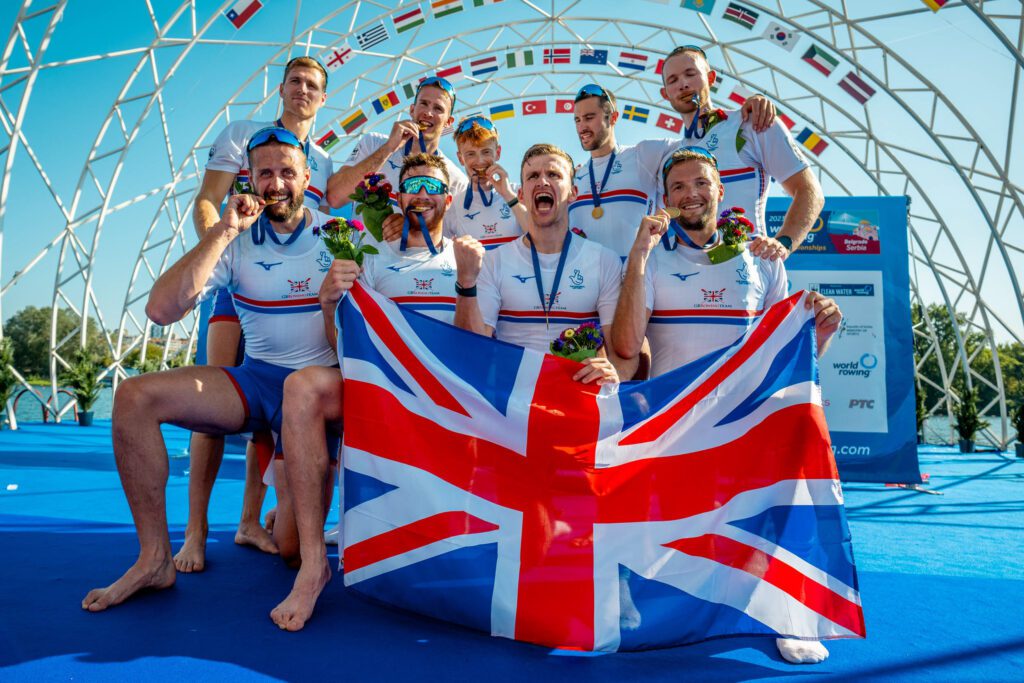
Photo GBR M8+
Credit Benedict Tufnell
The venue for the camp is worthy of a James Bond villain’s lair, a complex built into the mountain above the Sierra Nevada ski resort. (Blofeld eat your heart out!) The first phase of building was inaugurated in February 1992 ahead of the Barcelona Olympics; it has since been expanded. We erg on a long indoor track and do our strength work in two well-equipped gyms. There’s an outdoor running track, boxing rings, multiple indoor football pitches, sports halls, and an Olympic-spec swimming pool. For company this year we’ve been joined by the French boxing team, the Spanish swimming team, and multiple high-profile track and field athletes.
Our accommodation is also inside the complex, meaning it is possible to stay inside all day. One story handed down through the GB rowing team was that Alex Gregory (GBR M4- 2012, 2016) once managed to go the full fortnight without stepping outside. [Editor’s note, this is more lore than fact, but the fabrication has been kind to Alex, I expect he did go outside but didn’t wash for two weeks!]
There is a strange comfort in knowing that Great Britain’s oarsmen have been putting in the hard miles up here for over 20 years. You see this nod to the previous generation with their initials inscribed on the back of the Ikea stock pictures that adorn every room. Did I mention camp gets boring? Hence, the Ikea-initials bingo.
Throughout camp I know I will have low moments but acknowledging them helps get me through, as does ‘programming’ my mind to respond in a positive way. I try to not let uncontrollable factors influence the task at hand. When I find the ‘chimp’ part of my mind coming out, I try to be mentally aware of what is happening and see how fast I can rationalize the ‘chimp’ mind and focus on what I can control. (Check out psychiatrist Professor Steve Peters and his ‘The Chimp Paradox’.)
“We are in the industry of dealing with pain.”
Sholto Carnegie
As I am writing this, I am over the halfway point of the second camp and my legs are especially sore. But from this, I know that my legs are getting stronger and by taking it day by day, session by session I will finish the camp in a better position than I started. The beauty of being a professional athlete is that there is a clear relationship between input and outcome. By doing the training, staying consistent, and nudging on the technique the outcome will eventually prevail. The sense of purpose and a clear path is something I love about rowing.
Whilst up here, I’m continuing my work with Crew Connection. Coaching and mentoring young athletes helps me keep perspective on how fortunate I am to be part of such a high-performing team. It pushes me to remind myself that the challenges I face, are opportunities many of the young rowers aspire to reach, so I damn well better make the most of them. And it is nice to have a distraction away from my Sierra Nevada bubble, especially when I see the athletes I’m working with make progress.
There are points during the long ergs when a song comes on that has an affiliation to a certain moment. You feel a shiver down your spine and it reminds you why you are going through all of this. For example, and I’m reluctant to admit the cheesy song was, “All Time Low” by The Wanted. I found myself reminiscing about how I got through the disappointment of Tokyo and have been able to build back to get myself in a position where I can fight for Olympic gold in Paris. However, these moments are fleeting and as the brief elation of a dream passes I’m back hanging on to my erg splits, trying to make it to the end of the session.
“The sense of purpose and a clear path is something I love about rowing.”
Sholto Carnegie
Every erg session feels different. Sometimes I slip into a flow state, my mind is Zen, and I can calmly implement technical changes as the miles fly by, but most sessions are a struggle. Normally I have to hold focus and engage in a battle of wills against the erg. Often what gets me through the toughest times, when I’m so tired that I doubt I’ll complete the next session, is the camaraderie of my teammates. Every one of us will have their low moments, it’s all about pulling together and supporting each other. Often when I feel up against it, someone will make a silly joke and it won’t seem so bad.
Speaking to legends of the past it’s these dark moments that they miss the most; because it is in these moments that the team ties tighten, the group bond grows stronger, and we begin to build that complete trust inherent in every winning crew. So, as I make it through the last part of camp, I’m looking forward to coming down from the mountain – fit and strong – ready to take on the final part of selection. But not before we mine every last ounce of opportunity the mountain offers us. The squad is looking good, it’s all to play for.
Click here for more information on Crew Connection
This article first appeared in Issue 51
